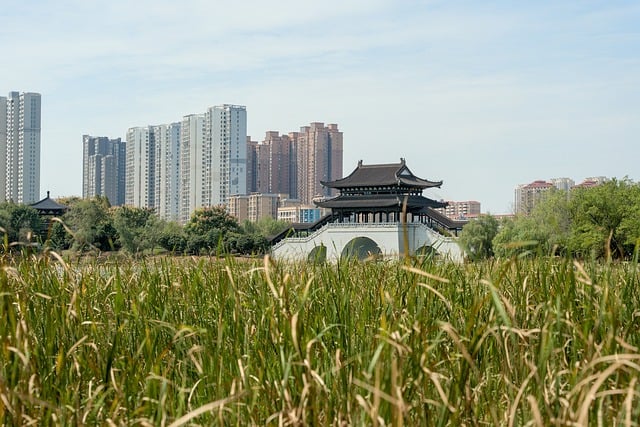In a world increasingly defined by individualism, the concept of cooperation has emerged as a powerful catalyst for sustainability and community. Imagine a community where neighbors come together, inspired by a shared love for nature and gardening. Each person’s contributions—whether it’s planting trees, setting up a community garden, or simply sharing knowledge about eco-friendly practices—foster a spirit of cooperation that benefits everyone involved. This unity not only enhances the environment but strengthens the very fabric of our community.
Gardening serves as an exceptional metaphor for cooperation. Picture a community garden, bursting with colors and life. Each plot, tended by different hands, brings together diverse plants that harmoniously coexist. Just like in gardening, cooperation allows us to grow greener together. When we collaborate, we create a thriving ecosystem where creativity and resources flourish. Community gardening initiatives can be simple; they might start as a small group of enthusiasts sharing seeds and tools. Over time, these small initiatives have the potential to evolve into major projects that contribute significantly to local food systems.
As we cultivate our gardens, we also cultivate relationships. Bonding over composting techniques or organic pest control methods is a fantastic way to connect with fellow community members. These interactions build trust and knowledge sharing, encouraging a culture of eco-consciousness. It is through these shared experiences that we develop a deeper understanding of our relationship with the environment. The more we know about the nature around us—the weeds, the pests, the pollinators—the more equipped we become to care for our community sustainably.
Cooperation can take many forms—organizing clean-up events, creating educational workshops about sustainability, or simply engaging in discussions about renewable energy. Each small step is a significant contribution to the broader goal of fostering a greener community. By working together, we can create a narrative where environmental stewardship becomes a shared responsibility. This not only leads to cleaner parks and green spaces, but also engages community members in meaningful ways that foster a sense of belonging.
Furthermore, the act of greenery cultivation reaches beyond individual gardens. It ties into larger environmental concerns such as climate change and biodiversity loss. Engaging in cooperation at the community level provides a platform for raising awareness about these pressing issues. By organizing events like tree planting days or workshops on reducing waste, communities can address these challenges collectively. It empowers individuals to take responsibility for their actions and understand their impact on the environment.
Moreover, embracing a green lifestyle nurtures mental well-being. Nature’s influence on mental health is profound, and communities that encourage green initiatives afford residents the opportunity to enjoy nature collectively. Walking through a well-tended community garden filled with colorful flowers and fresh produce can rejuvenate spirits and foster interpersonal connections. In this way, cooperation not only contributes to environmental improvements but also enhances the quality of life within the community.
In a society where competition often rules, the shift towards cooperation could indeed be revolutionary. It signifies a shared commitment to balance and sustainability. As we tend to our garden plots, whether large or small, we can take pride in knowing that every seed sown reflects our collective aspirations—green, thriving, and sustainable. By engaging with one another and pooling our skills and resources, we can transform our community into a beacon of eco-friendliness and cooperation. Let’s nurture our natural environment together, cultivating not just plants, but relationships that strengthen our community for generations to come.




